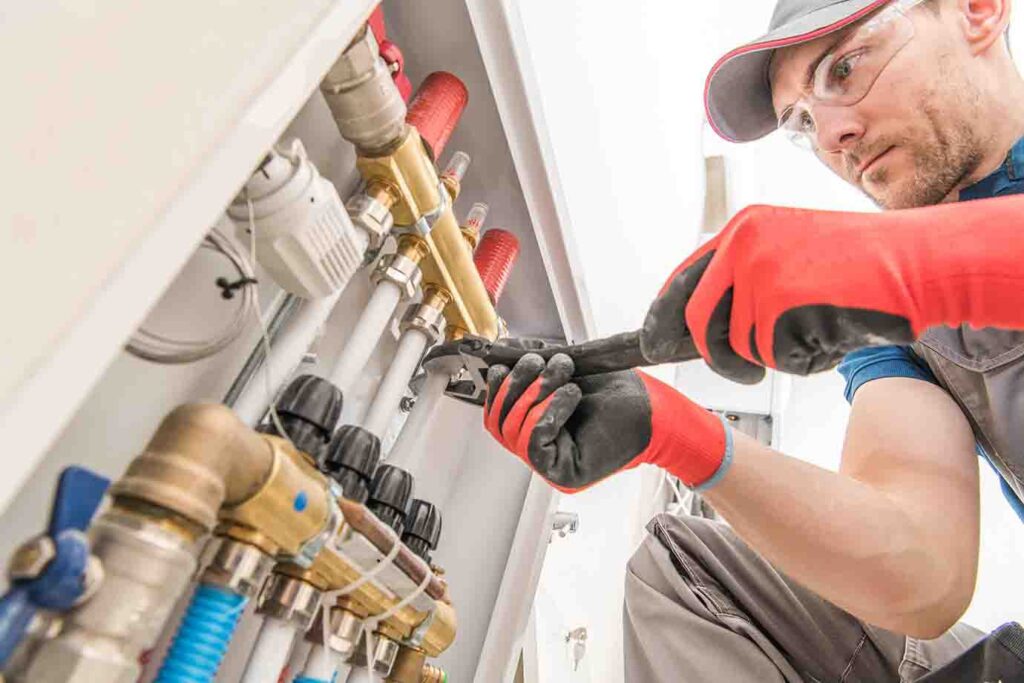
Underfloor heating in your home but not sure whether to go for electric or wet systems? Don't worry, we've got you covered. In this blog post, we'll compare electric and wet underfloor heating to help you make an informed decision.
Electric Underfloor Heating
Electric underfloor heating is a popular choice for many homeowners due to its ease of installation and flexibility. This system consists of electric cables or mats installed beneath the floor surface, providing heat directly to the room. Here are some key points to consider:
1. Installation
Electric underfloor heating is relatively easy to install, making it a great option for both new builds and renovations. The electric cables or mats can be laid directly on top of the existing floor, minimizing any disruption during installation.
2. Efficiency
Electric underfloor heating systems are known for their quick response time and efficient heat distribution. They can reach the desired temperature faster compared to wet systems, which makes them ideal for rooms that require instant warmth.
3. Control Options
With electric underfloor heating, you have more control over individual room temperatures. You can easily adjust the heat output using a thermostat or programmable timer, allowing for personalized comfort throughout your home.
Wet Underfloor Heating
Wet underfloor heating, also known as hydronic heating, uses hot water pipes installed beneath the floor surface to provide warmth. Let's take a closer look at its features:
1. Installation
Wet underfloor heating requires professional installation as it involves connecting the pipes to a central boiler or heat pump system. This makes it more suitable for new builds or major renovations where access to the flooring is available.
2. Efficiency
Wet systems are known for their energy efficiency and cost-effectiveness in the long run. The hot water circulating through the pipes retains heat well, resulting in lower energy consumption and reduced heating bills.
3. Heat Distribution
Wet underfloor heating provides more even heat distribution compared to electric systems. The larger surface area of the pipes ensures that heat is evenly spread across the room, creating a comfortable and cozy environment.
Which One Should You Choose?
The choice between electric and wet underfloor heating ultimately depends on your specific needs and circumstances. Here are a few factors to consider:
- Budget: Electric systems tend to have lower upfront costs, while wet systems may require a larger investment due to installation requirements.
- Installation: If you're working with an existing floor or looking for a DIY-friendly option, electric underfloor heating might be the way to go. For new builds or major renovations, wet systems can be integrated seamlessly.
- Control: If individual room temperature control is important to you, electric underfloor heating offers more flexibility in adjusting heat output.
- Efficiency: Both electric and wet systems can provide efficient heating solutions, but wet systems are generally more energy-efficient in the long run.
In conclusion, both electric and wet underfloor heating have their advantages depending on your specific needs. It's always recommended to consult with a professional installer who can assess your requirements and guide you towards the most suitable option for your home.
At RGV Heating, we offer expert advice and installation services for both electric and wet underfloor heating systems. Contact us today to discuss your options and make your home warmer and more comfortable all year round.

